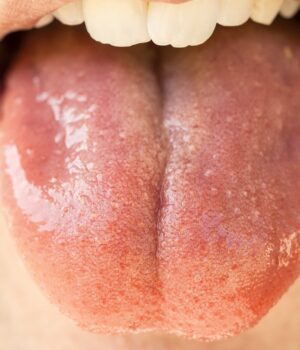Like many important things, it goes unnoticed, but saliva is of great importance in gastronomy. Especially if we understand gastronomy as an enjoyment of the flavors of food. And it is that after numerous studies and investigations, the conclusion is being reached that saliva influences how we perceive flavors.
And it is that saliva interacts with everything we ingest and influences the taste and thus the enjoyment of food and drinks. According to recent research, saliva is a mediator and translator. This influences how food moves through the mouth and how it awakens our senses. Water from the fluid and salivary proteins lubricate each bite of food, and their enzymes, such as amylase and lipase, start the digestion process. This wetting also dissolves the taste chemicals, or flavorings, all so they can travel and interact with the taste buds. In this process, we detect chemical information about food: flavor, taste, says Jianshe Chen, a food scientist at Zhejiang Gongshang University in Hangzhou, China. According to Chen, “When people eat, they don't actually taste the food itself, but a mixture of food and saliva. For example, a person can perceive a sweet or sour taste molecule in a bite of food only if that molecule can reach the taste buds. For that to happen, it must pass through the layer of saliva that lines the tongue.
adaptation to food
In this way, the different types of saliva affect the flavor, that is, acidic, fatty foods or foods with many tannins, as is the case with red wines behave differently with each type. In a certain way, the different studies indicate that the introduction of different foods and drinks gradually changes our saliva. Therefore our perception and the message that reaches our brain.
Thus the gradual introduction of vegetables or other foods that children do not like changes their saliva. In this sense, studies are working to see how this saliva can be modified to help introduce healthier diets.
Saliva also affects aromas
Saliva can also affect aromas, which are responsible for the vast majority of our taste perception, arising from food in the mouth. As we chew, some flavor molecules in food dissolve in saliva, but those that don't can float into the nasal cavity to be detected by the receptors responsible for aromas. In these cases it happens as in the case of flavor and the record that reaches our brain is very different depending on this interaction.







